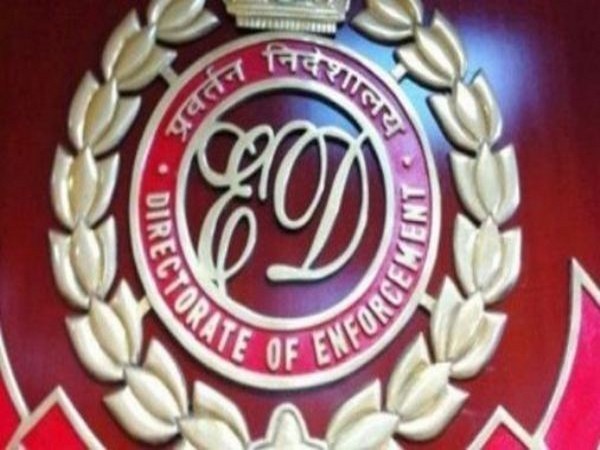Mumbai: The Enforcement Directorate is tightening its clutches on money launderers with the recent arrest of Mumbai’s biggest hawala operator who is involved in Rs 2,253 crore money laundering case which involved his own Stelkon Infratel Pvt. Ltd.
The Hawala operator Mohammad Farooq alias Farooq Shaikh was arrested on by the ED on Tuesday. He was involved in running as many as 160 dummy companies from a one-room office in Zaveri Bazaar, TOI reported.
The officials said many agencies were on a lookout for Farooq since 2014. He is believed to have connections with the underworld elements too.
The ED estimates the Farooq fraud scam could be over 10,000 crore so far only 2,253 crore of money laundering through various remittances abroad has come to light after the Directorate of Revenue Intelligence investigated the case of inflated remittances abroad and further submitted a detail report to the ED in 2016 for further action into the case under the Prevention of Money Laundering Act.
Likewise, CBI had registered a case against the accused after it suspected bank officials involvements in remitting the money to different accounts in abroad.
Subsequently, ED too registered a money laundering case against the same accused involved in the money laundering scandal.
It was during the probe, the investigation team learnt that Stelkon firm was among one of the 12 other firms Farooq was using to import remittances and his hawala transactions, although on record the firm’s directors are Manish Shyamdasani and Mungaram while the other firm’s director was an auto driver.
Farooq had reportedly opened nearly 160 shell companies for the hawala transactions.
According to the ED sleuths, the accused Farooq used his accounts to deposit cash collected from his transactions, clients. After channeling the collected money through several layers of transactions, he would bring the money into his accounts, mainly in nationalized banks, and then make the remittances after submitting forged documents.
According to CBI’s submitted FIR, these banks have not exercised due diligence in verifying the legitimacy of the importers and the documents they submitted requesting the remittances.
“There appears to be no cross-checking regarding the veracity of the bill of entry before
permitting the amount to be remitted,” the CBI’s FIR read.
At various intervals, these fraudsters would remit money several times through multiple banks or branches against a single entry bill.

